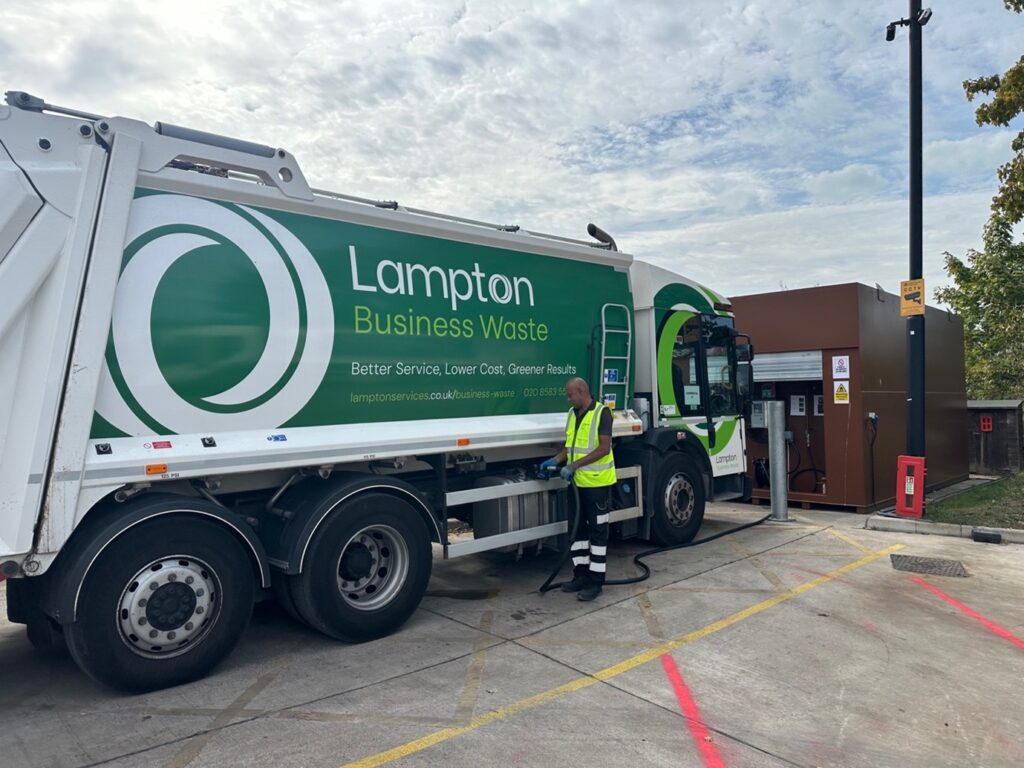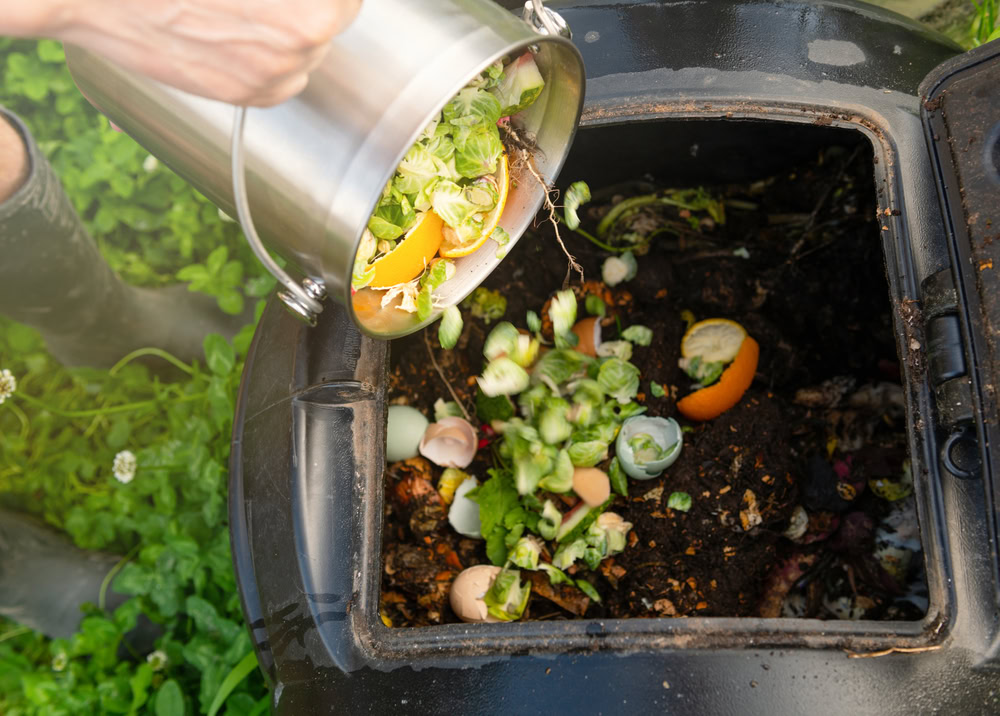ETS is a system that puts a market price on carbon emissions, and the last government proposed to expand it to the incineration of waste from 2028.
In response to a consultation on the scheme, councils are calling on the government to ensure the costs are passed on to the industries “creating fossil-based material in the first place”, such as those in packaging, textiles, electricals and furniture.
New analysis by the LGA, CCN and DCN suggested that the proposals could cost councils “as much as £747 million” in 2028 and could rise to £1.1 billion in 2036.
The LGA has said that by placing this cost on industry, the government will “incentivise” producers to reduce the level of fossil-based material created, while also raising funding to reinvest in solutions such as carbon capture and storage technologies.
Although there are plans to transfer costs for packaging waste onto producers, the new analysis suggested that this would cover “only 19%” of costs.
Public support
LGA polling with YouGov found that 48% of the public are more likely to think costs in reducing packaging should be met by companies producing it, rather than councils.
Adam Hug, environment spokesperson for the LGA said: “Councils support the principle of this scheme’s objective to incentivise a reduction in carbon emissions from waste incineration and to encourage recycling efforts, but to succeed it must put the right incentives in the right places.
“Current proposals risk councils and local taxpayers facing enormous costs, which simultaneously risks the scheme failing to meet its objectives while exposing councils to significant additional financial risk. Councils are also increasingly ensuring that energy is generated from the incineration process supporting both the grid and electric vehicle fleets.
“We urge government to review proposals, to hold industry responsible for reducing the level of waste it creates in the first place, alongside wider support for council’s in their efforts to increase recycling.”
Andy Graham, DCN environment spokesperson, said: “Taxing councils for the waste we have little option but to incinerate would be a bombshell for the delicately-balanced funding of local waste services – including district councils’ successful efforts to increase recycling.
“District councils spend over 40 per cent more on waste collection than we did four years ago as we battle to retain staff and implement stringent national guidance on how we collect waste. We cannot afford to be hit by an incineration tax.
“We want to make it easier for our citizens to recycle materials like clothing and medical waste so it doesn’t need to be incinerated. We can only do this through action from producers, who should be incentivised to produce recyclable goods and penalised if they don’t.”









Subscribe for free